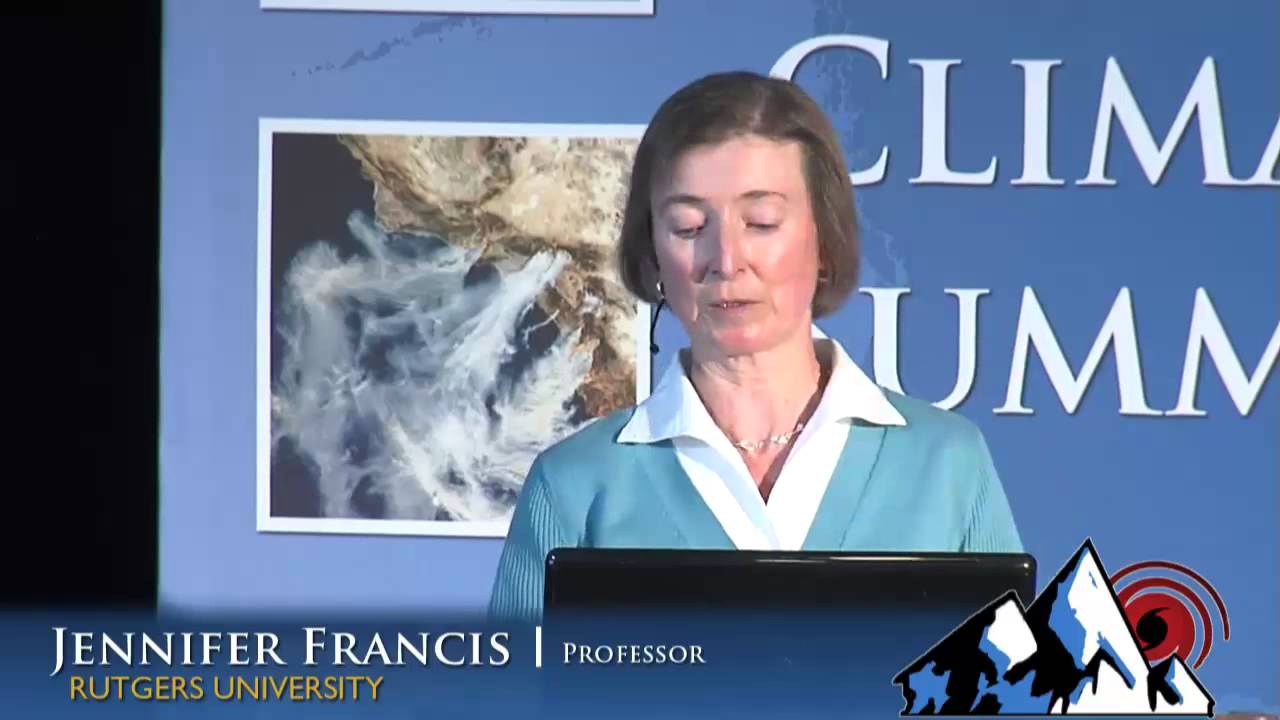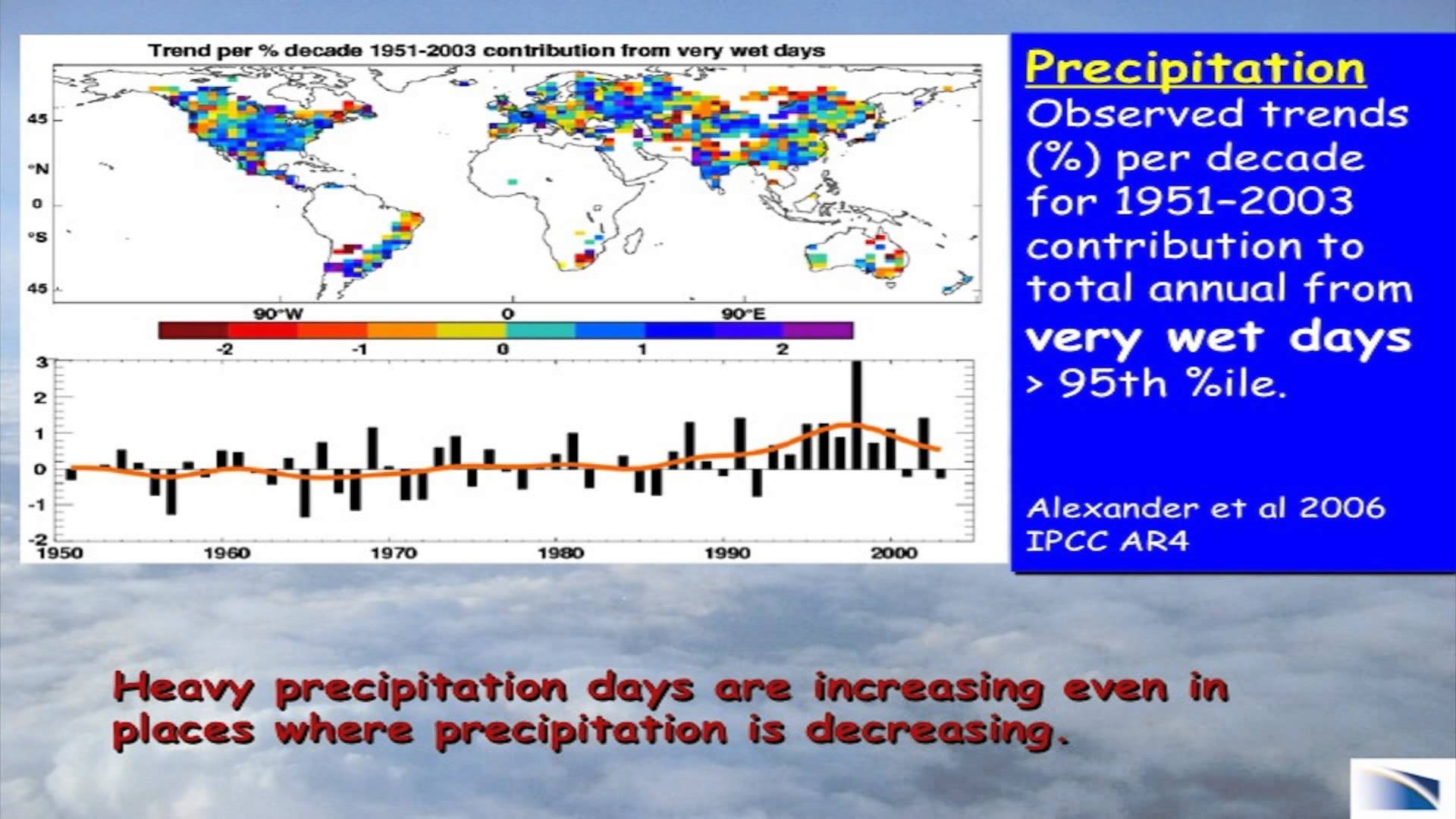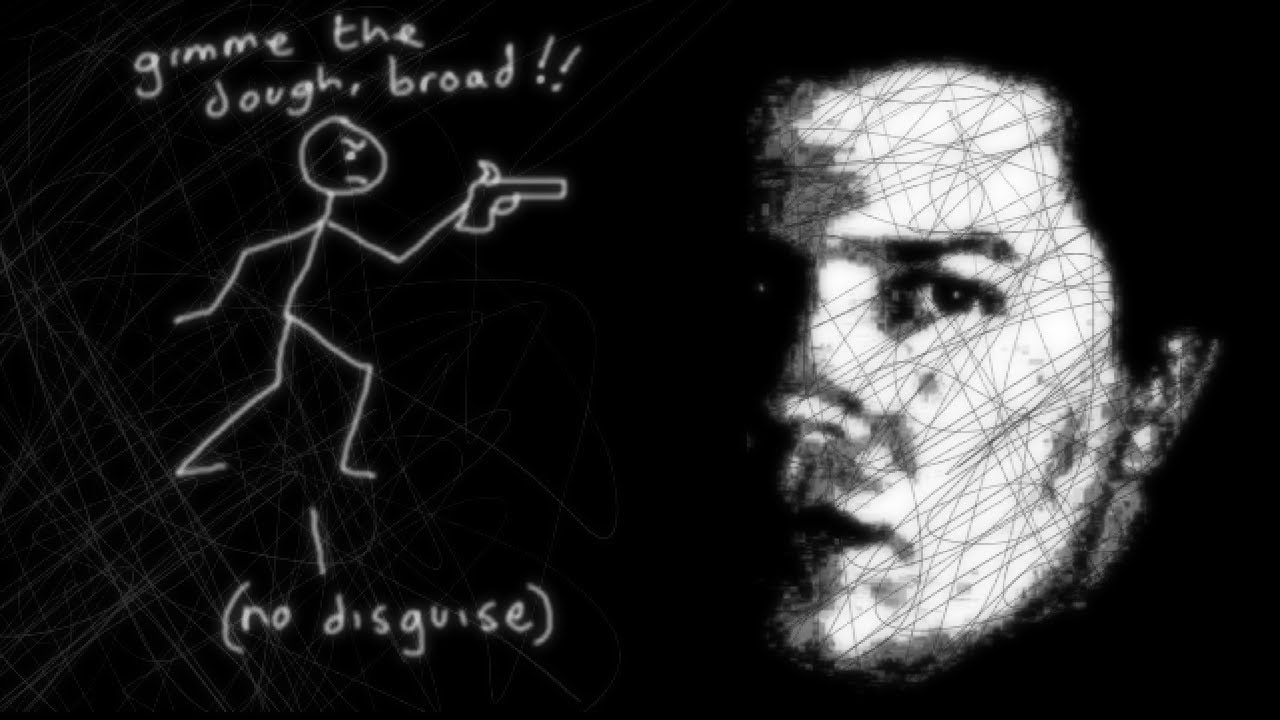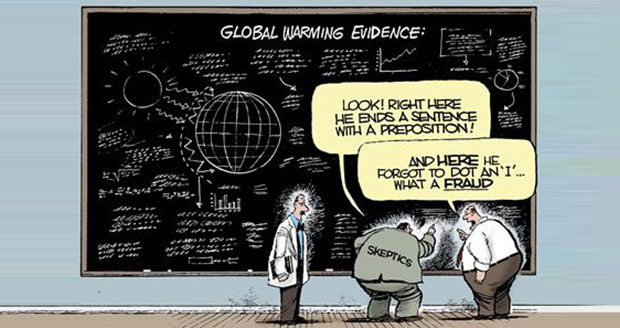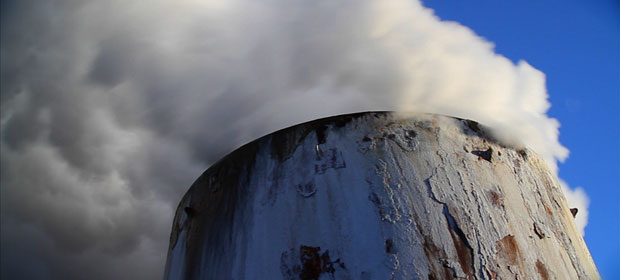Dr. Jennifer Francis – Rutgers University “Extreme weather events are […]
Public lecture by Distinguished Senior Scientist at the Climate Analysis […]
In the field of psychology, the Dunning–Kruger effect is a cognitive bias in which people […]
By Graham Readfearn / Desmogblog.com – “The media will often report […]
Authors: Doherty, Thomas J.; Clayton, Susan An appreciation of the […]
